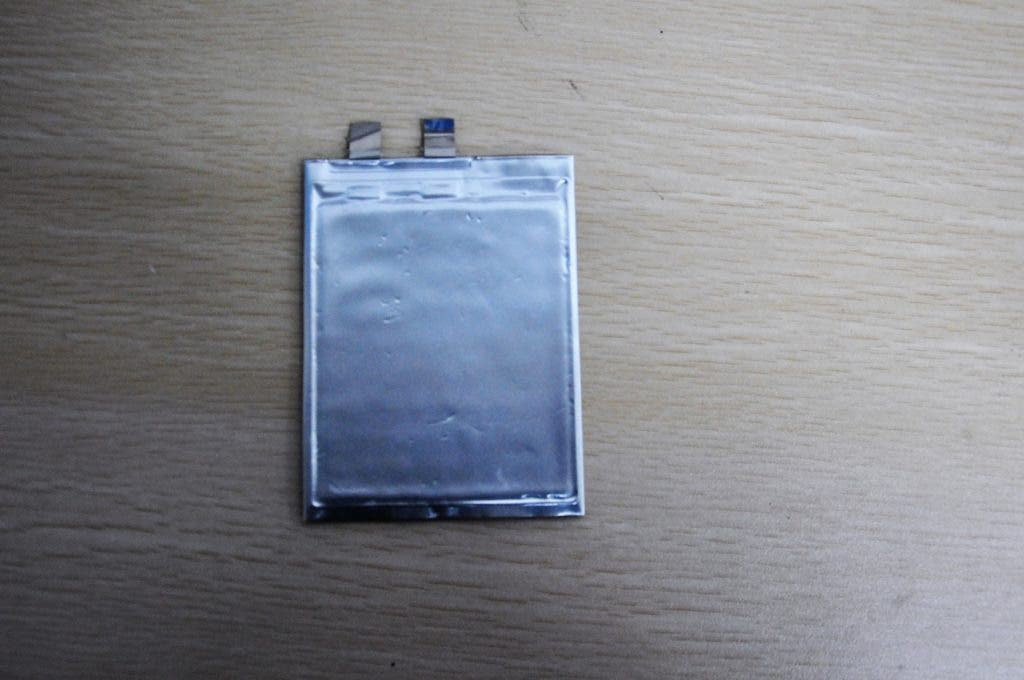Chinese researchers devised a lithium-ion battery fitted with organic electrodes that still functions at -70°C, a new record low. At this kind of temperature, and even higher, most lithium-ion batteries — which power everything from smartphones to Tesla Roadsters — lose their ability to conduct and store energy.

Once temperatures dip below a certain threshold, most batteries drastically lose performance. For instance, at -20°C lithium-ion batteries perform at only 50% of their optimal level. At -40°C, the same batteries only have 12% of their room temperature capacity. This can spell trouble in frigid environments like in some parts of Canada or Russia, where temperatures can plunge below -50°C, nevermind outer space where thermometers can measure an ungodly -157°C.
The main reason why cold disrupts lithium-ion batteries has to do with the electrolyte, which is the chemical medium responsible for carrying ions between electrodes (the positively charged cathode and the negatively charged anode). When it gets cold, the electrolyte in most lithium-ion batteries lose some of its capacity to conduct charge and the electrochemical reactions that occur at the interface of the electrolyte and electrodes are hampered.
This is typically the kind of trouble you run into when using ester-based conventional electrolytes. But battery researchers at the Department of Chemistry of Fudan University in Shanghai, China, took an alternative route. They also used an ester-based electrolyte but chose one that has a super low freezing point, enabling it to conduct charge even at extremely low temperatures. Then, for the electrodes, the scientists chose organic compounds: a polytriphenylamine (PTPAn) cathode and 1,4,5,8-naphthalenetetracarboxylic dianhydride (NTCDA)-derived polyimide (PNTCDA) anode. The advantage of such electrodes over those typically employed in Li-ion batteries is that there is no need for intercalation — a process where ions are continuously integrated into their molecular matrix but which slows down as it gets colder and colder.
Experiments suggest that “the rechargeable battery can work well at the ultra-low temperature of -70 degrees Celsius,” according to Dr. Yong-yao Xia, lead author of the new research published in the journal Joule.
Previously, other researchers have tried to avoid having their batteries fail in the cold by developing special additives or by externally heating the batteries. Some have even used liquefied gas electrolyte, but these sort of workarounds add extra weight and can be expensive. The electrodes used by Xia and colleagues, on the other hand, cost only a third of the price of electrodes in typical Li-ion batteries.
“Compared to the transition-metal-containing electrodes materials in conventional lithium-ion batteries, organic materials are abundant, inexpensive, and environmentally friendly,” Xia says.
Next, the team will focus on improving the battery, whose specific energy is still rather low compared to lithium-ion batteries available on the market. They would also like to tweak the assembly process which could use optimizing. “But even though it has low specific energy, it provides the most promising potential in special field applications,” Xia says.






